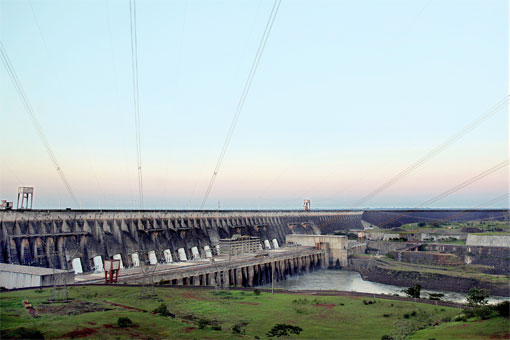Since 1992, the Brazilian city of Cubatão has been a poster child for environmental responsibility. The United Nations even designated it as a global example of environmental recovery. But that title was won at a heavy cost. Less than a decade earlier, Cubatão, a city of 130,000 inhabitants in the state of São Paulo, was the scene of one of the worst environmental disasters in Brazilian history.
On February 25, 1984, a rusty Petrobras pipeline, which passed underneath Vila Socó, a favela of almost 6,000 residents just on the outskirts of the city, burst and spilled 184,906 gallons (700,000 liters) of gasoline. The spill ignited a fire that killed 99 people, according to the official count—though inhabitants claim the real toll is higher since many bodies were burned beyond recognition.
Even before the tragedy, Cubatão was considered one of the country’s most polluted cities. The smoke spewing from Cubatão’s smokestacks at the time was so thick and the air so laden with particles that a walk across town seemed like a stroll through the dark gloom of Batman’s Gotham City. Situated in a mountainous region with São Paulo on one side, at 2,493 feet (760 meters) altitude, and the coastline on the other, Cubatão was caught effectively in a sinkhole that trapped the massive pollution and blotted out the sky and sunlight for weeks.
Recognizing the problem, in 1983 the state of São Paulo launched the Cubatão Pollution Control Program, which set in motion strict controls on emitters of air, water and soil pollution. But the fire in Vila Socó made Cubatão a national symbol of the price Brazilians have paid for their world-class industrial economy. And it raises the question of whether companies in Brazil and elsewhere in the hemisphere have taken the lesson to heart…





